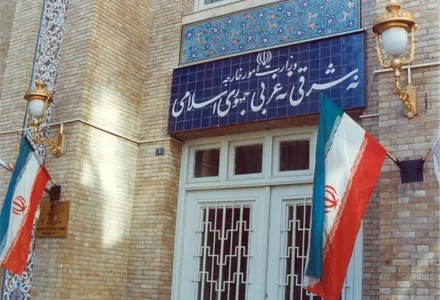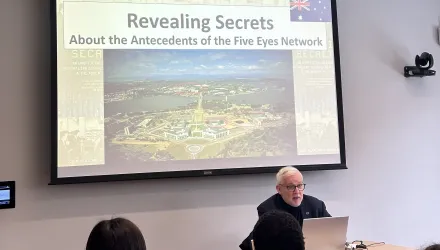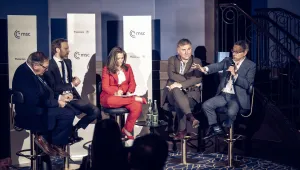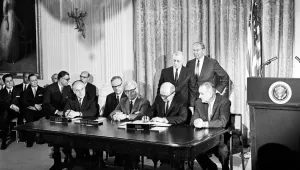Iran in 2018: Between Regional Hegemony and Domestic Unrest
In an increasingly volatile Middle East, Iran in 2018 will continue to be at the center of regional developments--and at the top of headlines. The defeat of ISIS in Iraq and the victory of Assad in Syria is a strategic win for Iran and its allies and as post-war reconstruction gets underway in these countries, Iran will play a crucial role in governance, economic, and security issues. On the other hand, domestically Iran was embroiled with recent protests over the economy. What does 2018 hold for Iran? Will Iran continue its foreign policies or roll back its regional role due to domestic and international pressures? In light of the Trump administration’s increasingly confrontational rhetoric on Iran, Iranian responses and its domestic and foreign politics are again in the international spotlight and require careful consideration. Join Payam Mohseni, the Iran Project Director at the Harvard Kennedy School's Belfer Center for Science and International Affairs in this timely discussion. Co-sponsored by Harvard's WCFIA/CMES Middle East Seminar.




